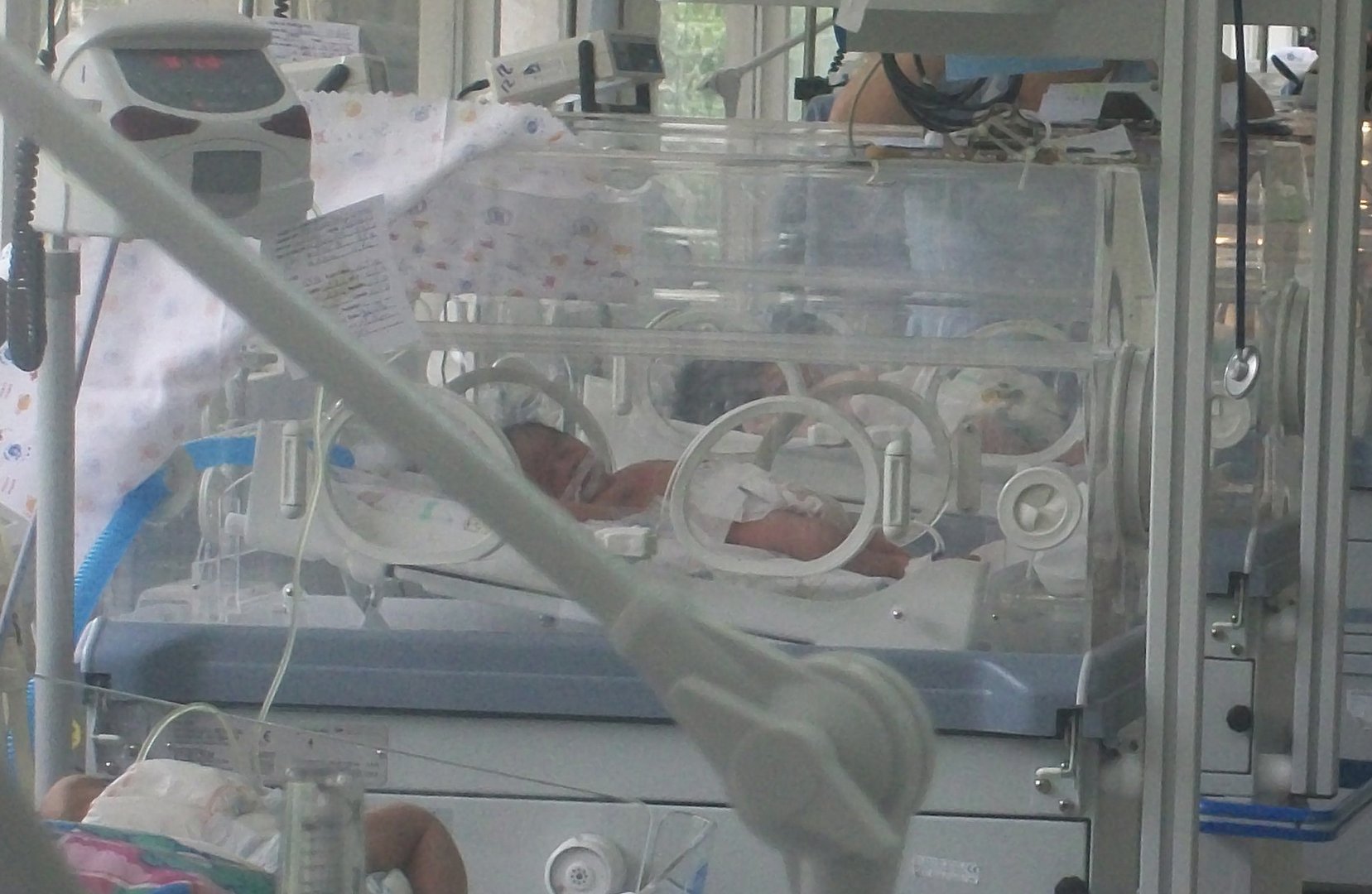A new neonatal ICU is to be created in addition to the full renovation of the existing one, to facilitate the work of medical professionals but also to allow parents to spend more time with their premature babies, Okypy CEO Christis Loizides said on Tuesday.
He was speaking at an event to mark World Prematurity Day, observed on November 17 which brought together hospital officials and the state health services (Okypy) to speak about the importance of the hospital’s neonatal intensive care unit and discuss the future of premature care in Cyprus.
After giving a brief overview of the unit’s work, the hospital’s scientific director Dr Andreas Neophytou said the staff’s main goal is “constant, quality upgrades to the health services provided to mothers and children”.
Co-director of the neonatal ICU at Makarios hospital Dr Thalia Papadouri said that while one in 10 children worldwide are born premature (before 37 weeks of pregnancy have been completed), the rate in Cyprus is slightly higher at 11.9 per cent (the 2019 figure), the highest in Europe.
She explained that the high premature rate can be attributed to an unusually high rate of Caesarean sections performed in Cyprus, but also a high rate of twin and triplet births as a result of fertility treatments.
Papadouri said that the unit is currently staffed by seven specialist doctors and 72 nurses, with four neonatal specialist positions and two specialist paediatricians.
It has 48 beds that can accommodate infants from the 23rd week of gestation to the 14th day of their lives.
She added that the staff’s efforts are concentrated on reducing the need for mother-infant separation, and hospitalisation time, as well as the risk of complications, long-term damage and neurodevelopmental disability, and infant mortality.
Thanks to the high level of services provided, she stressed, the neonatal ICU has a 98 per cent survival rate.
The management of the Pediatric Clinic fully supports the prospect of expanding and renovating the neonatal ICU, with the aim not only of maintaining high survival rates, but also offering premature babies and their families a friendly environment that treats mothers, babies and families as an inseparable unit, co-director Dr Elena Papamichael said.
The goal is to offer expanded visiting hours and continue to apply NIDCAP (Newborn Individualised Developmental Care and Assessment Programme) and family-central methods, Papamichael said.
Asked about whether the island’s high prematurity rate has the potential to fall, she said it was already declining, with the other doctors sharing her optimism it can fall even further.
Neophytou added that the rate has already fallen by two to three per cent thanks to changes to the rules on fertility treatments, which now only allow up to two embryos to be used per treatment.
At the same time, Papadouri said the number of C-sections performed on pregnant women is also falling, meaning less premature births.
Loizides assured parents that “we will always stand by them and their children by continuously improving our services.
“Okypy’s primary goal was, and remains, to ensure the health of our fellow citizens through the uninterrupted provision of high-quality care,” the organisation said.
“Recognising this duty, the organisation will continue to do all that is necessary to achieve it”.







Click here to change your cookie preferences